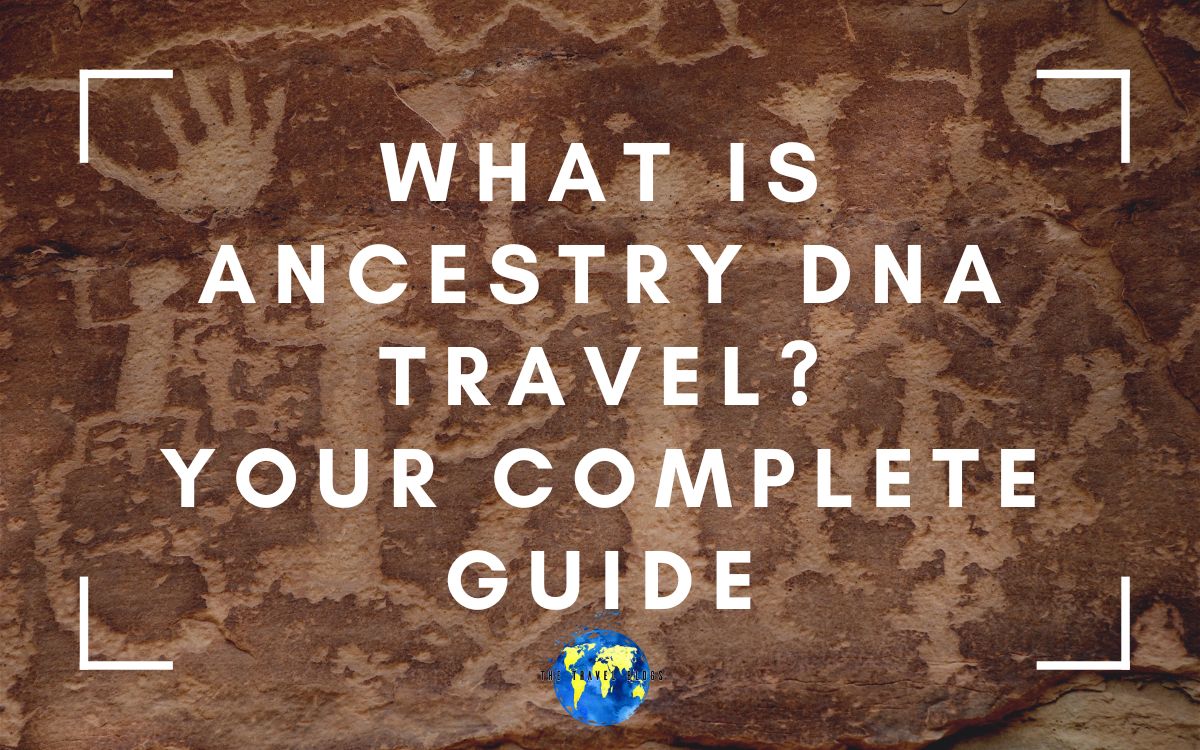Ancestry DNA tourism, also known as heritage travel or genealogy tourism, has become increasingly popular in the past few years as more people seek to engage with their ancestral roots. This can be both a cathartic and exciting experience that allows people insight into their family stories as well as a better understanding of who they are and where they come from.
Ancestral travel is one of the best ways to engage with history as you discover the rich past connected to an area. Rather than simply reading about a culture’s past, heritage travel allows you to walk alongside your ancestors as you experience the same landscapes, cuisine, and activities that they themselves enjoyed.
Participating in an ancestral tour group, with an itinerary tailored to your ancestry, can enrich your connection to the past. Each activity, whether it be the exploration of key cultural sites, such as a local church or museum, or a meal at an authentic restaurant, strengthens your connection to your ancestors and allows you to undergo an adventure through time. DNA tourism is the most exciting way to reconnect with your history!
Coming your way in this post - click to expand ->
Ancestry DNA travel – what is means
Ancestry travel refers to a trip taken to a destination connected to an individual’s family history. Whether it be a place of religious, cultural, or historical significance, visiting such locations can strengthen an individual’s connection to their past and provide a better understanding of their family members.
An ancestral home visit can be a source of conflicting emotions, with ventures into previous generations stirring a combination of grief and wonder. Crucially, ancestry tourism provides a cathartic experience that brings you closer to your past and allows you to keep your own, personal history alive.
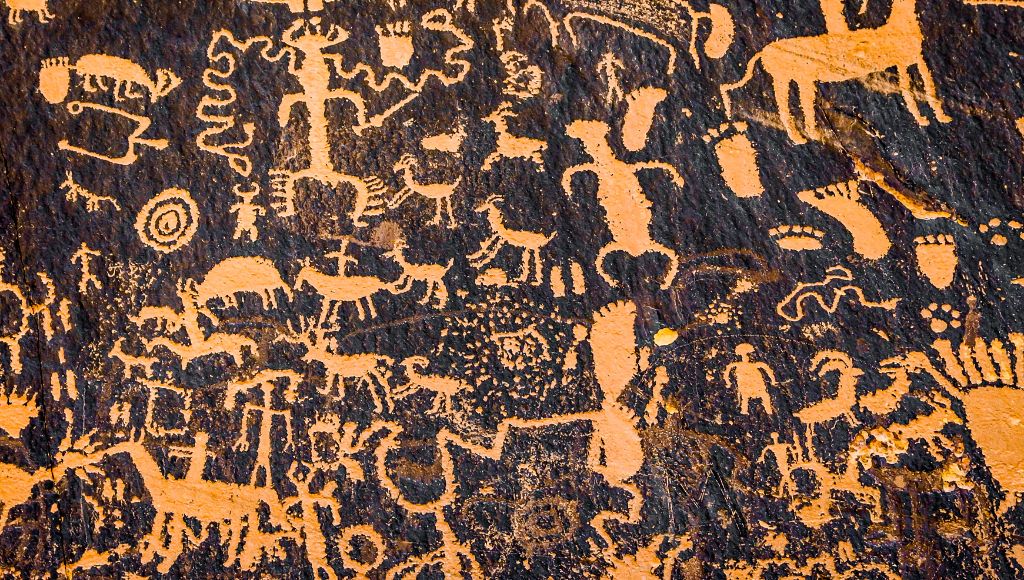
Why do a DNA test?
DNA tests are the best way to gain a deeper understanding of your family history. Genealogical testing can confirm details of your family tree as well as reveal connections to destinations and cultures you were not previously aware of.
A professional genealogist will be able to analyze your DNA data, which will provide ethnicity estimates that reveal where your relatives originated from. This grants you the opportunity to map the journey of your ancestry, charting how marriage and travel led to you. It is the key to discovering your family heritage.
Certain test kits offer you the option to add your results to a database, generating matches with other users and revealing family connections you were not previously aware of. Whether you are eager to confirm certain details of your ancestry or are looking to start discovering your heritage, a DNA test is the best place to start.
Doing the DNA test and what to expect
DNA tests follow a simple procedure while the technology itself is very sophisticated. Most tests, such as the tellmeGen kit, only require two steps: register the code attached to your kit and then supply a saliva sample. After you have shipped your kit back to the testing company, it will be analyzed by a professional genealogist. They will identify thousands of markers in your DNA before comparing these markers to those stored in genealogical records, revealing your ancestral makeup.
The MyHeritage DNA kit boasts coverage of more than 40 ethnicities which can locate your ancestors from over 2,000 geographic regions. Through the simple procedure of swapping your cheek, you can discover your genealogical composition down to 0.1%, a figure boasted by 23andMe.
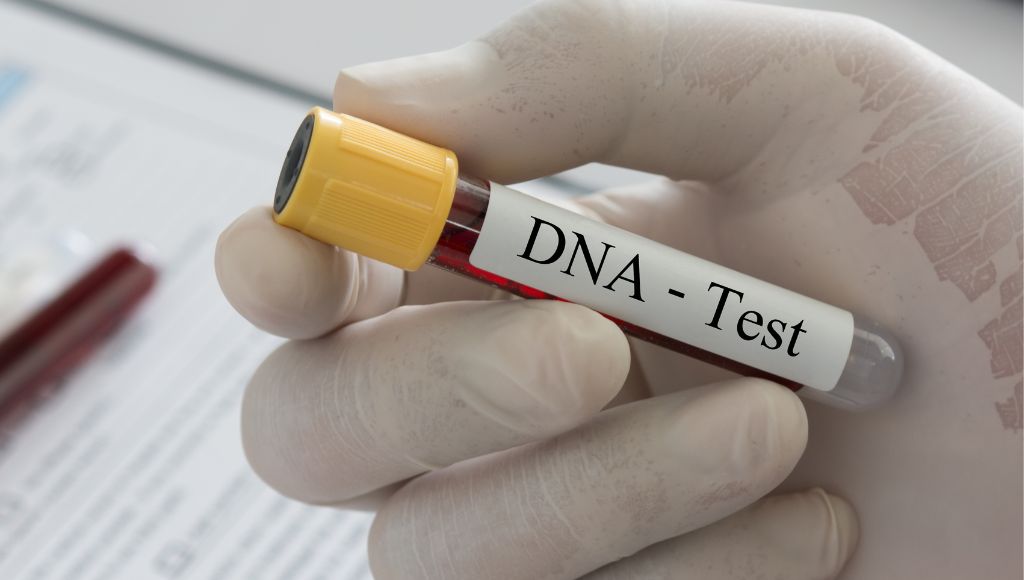
How to plan your own heritage trip
Genealogy travel can initially appear overwhelming. If you have just discovered that you have Irish ancestors in addition to historical connections to Eastern Europe and America it can be difficult to know where to start. When planning your trip, it is best to focus on one specific aspect of your genealogical roots. This allows you to thoroughly explore a particular culture and search for stories that connect you to your ancestors.
When visiting a village or town, participating in local tours which provide their own itineraries can be the best way to get the most out of exploring a new corner of the world. Not only will this offer you an in-depth view of your destination, but it also gives you the opportunity to engage with local guides and their unique perspective of the area.
Whether your genealogy leads you to Scotland, Germany, or Italy, your ancestry tour will strengthen your insight into your past, a connection you can enjoy and continue to develop for the rest of your life.
How are you going to travel?
Whether you are touring as a group or as an individual, knowing how you plan to get between your various destinations is a crucial element to an enjoyable and enriching trip. Depending on where your ancestors lived, or which part of your history you are determined to track, you could be visiting a nearby village or traveling across the world. As such, you will need to tailor your mode of travel to your needs. Employing the assistance of a travel agent can simplify this process if you are unsure what your best transport option is, be that a plane, train, or private vehicle.
Breaking your travel into smaller sections can further your exploration of your background, with each of your smaller trips across a particular region granting you deeper insight into the surrounding culture your relatives would have experienced in previous centuries. While flying is often the quickest and most efficient way to travel, both train and car journeys allow you to stop at multiple locations and discover new areas of interest.
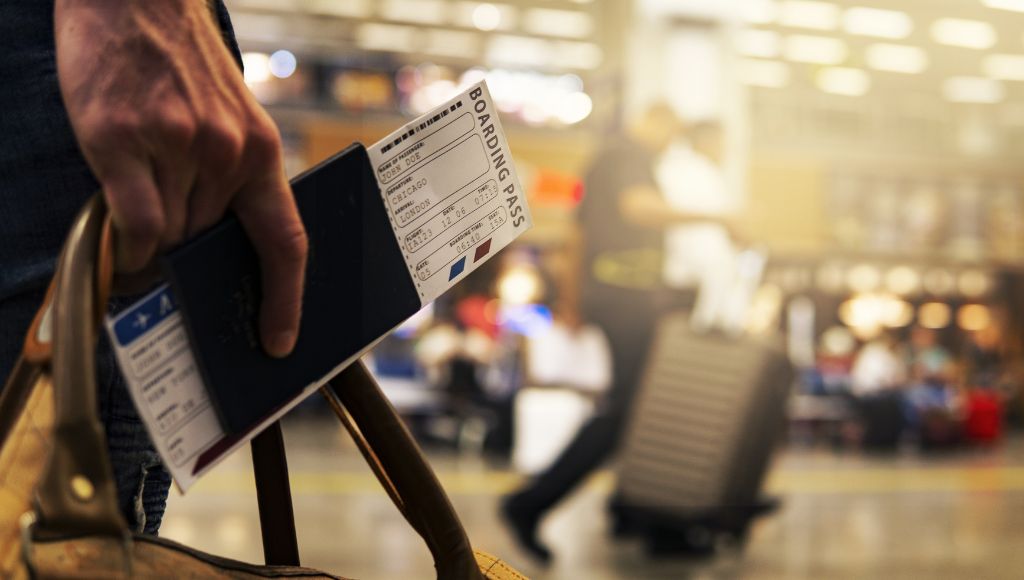
Where will you stay?
Regardless of where your trip takes you across the world, there will be a variety of accommodation options available for you to stay in. Staying at a local-owned business, such as a guesthouse or B&B, can add an additional layer of insight to your vacation. Local businesses can help people establish an understanding of the lives of their ancestors, given that local business owners share the same history.
Their stories can offer you an understanding of the area that cannot be accessed through archives and private research. Travelers can seek to gain much from investing time and money into small businesses.
How many places do you want to visit?
Museums, religious sites, and buildings of historical significance all hold their own importance and relevance to ancestry tourism. It can be exciting to plan your own exploration of an area as you discover where your family was founded while a tour guide can point you towards attractions that specifically relate to your ancestry.
Your ancestry lives beyond documents and historical records. Many people seek to broaden their knowledge and understanding of their ancestry by engaging in cultural activities, such as festivals and eating local cuisine. When planning your trips, look at what events are happening in the local area and how they can enrich your understanding as a descendant of the culture.
How will you get around?
Planning how to get around can maximize your trip, with different travel methods providing their own benefits. If you choose to walk between locations and follow your ancestor’s footsteps, not only might you be lucky enough to enjoy great weather, you create the opportunity to spot hidden gems and immerse yourself in the language and character of the area’s culture as you move through it.
Conversely, if your visit involves covering a large area, using taxis or various methods of e-transport can minimize your travel time and instead allow you to invest more time in a particular site of interest.

What will you take away from an ancestry trip experience?
Planning and participating in ancestry travel is the most exciting and enriching method of understanding your history and, in turn, gaining a better understanding of yourself. There is no better way of replicating the experiences of your family than by walking through their town or traveling their country.
Genealogical tours can give descendants the keys they need to understand prior generations of their family, from their parents to their most distant relations. There is no other experience like it!
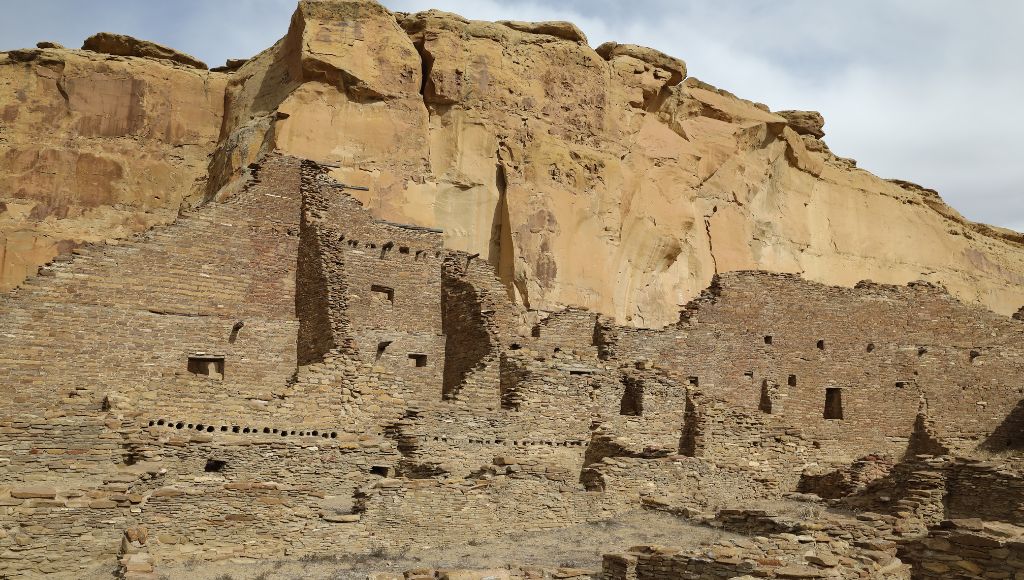
FAQs
How accurate is DNA testing?
Before investing in a vacation, folks often want to know how reliable the data provided by genealogical testing is. Verified testing companies boast accuracy rates of 99%, allowing you to relax, assured that the area you plan to explore actually pertains to your own history.
What makes ancestry tourism better than other forms of tourism?
Research has shown that travelers with ancestral ties to an area are willing to spend more money which can subsequently be invested into the local culture. Therefore, not only has genealogy travel created the opportunity for you to connect to your heritage, but it also helps locally run businesses to thrive.
How can I get the most out of my trip?
Conduct your own research into the region you plan to visit. By taking the time to research an area, you ensure that you can visit the attractions that relate to your family history. It is a vacation you will remember for the rest of your life.
Final thoughts
Participating in an ancestral home visit, whether that be to a country across the world or to a town nearby, is an experience you will remember and treasure for the rest of your life. A trip that has specifically been created to connect you to your roots is invaluable to the development of your familial relationships as well as your understanding of yourself. What starts with a simple test can end in a fascinating journey through time.
